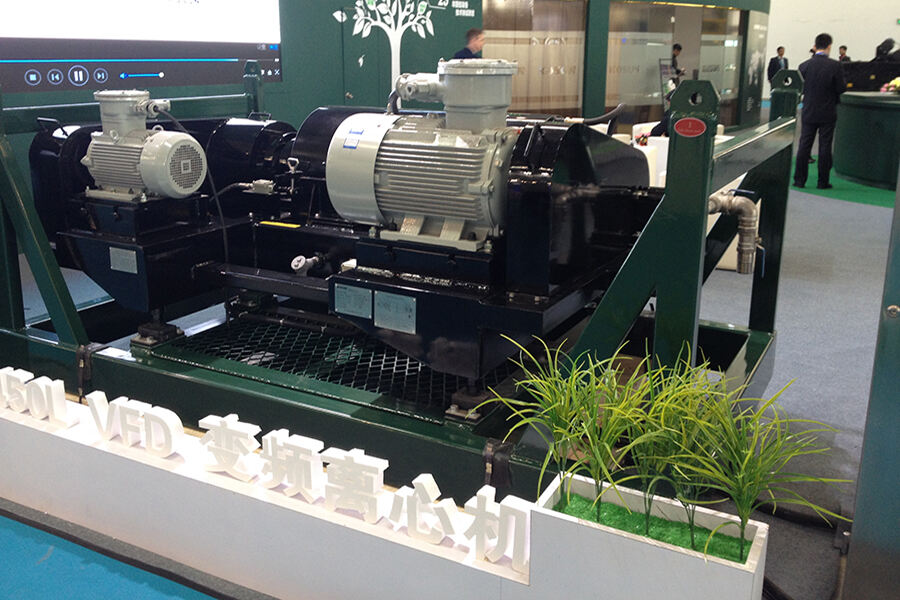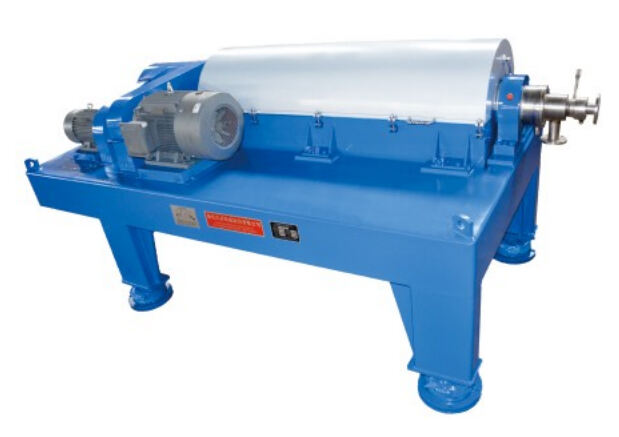slurry treatment technologies
Slurry treatment technologies represent advanced solutions for managing and processing liquid-solid mixtures in various industrial applications. These technologies encompass a comprehensive range of processes designed to separate, treat, and recover valuable components from slurry materials. The primary functions include solid-liquid separation, dewatering, thickening, and purification of slurry streams. Using cutting-edge mechanical, chemical, and physical processes, these systems effectively handle diverse slurry types, from mining waste to industrial byproducts. The technology incorporates sophisticated filtration systems, advanced settling techniques, and innovative chemical treatment methods to achieve optimal results. Modern slurry treatment facilities utilize automated control systems, real-time monitoring capabilities, and energy-efficient components to ensure consistent performance and reliability. These systems are particularly valuable in mining, wastewater treatment, agricultural processing, and chemical manufacturing industries, where they help maintain environmental compliance while maximizing resource recovery. The technology's adaptability allows for customization based on specific slurry characteristics and treatment requirements, ensuring optimal performance across different applications.


